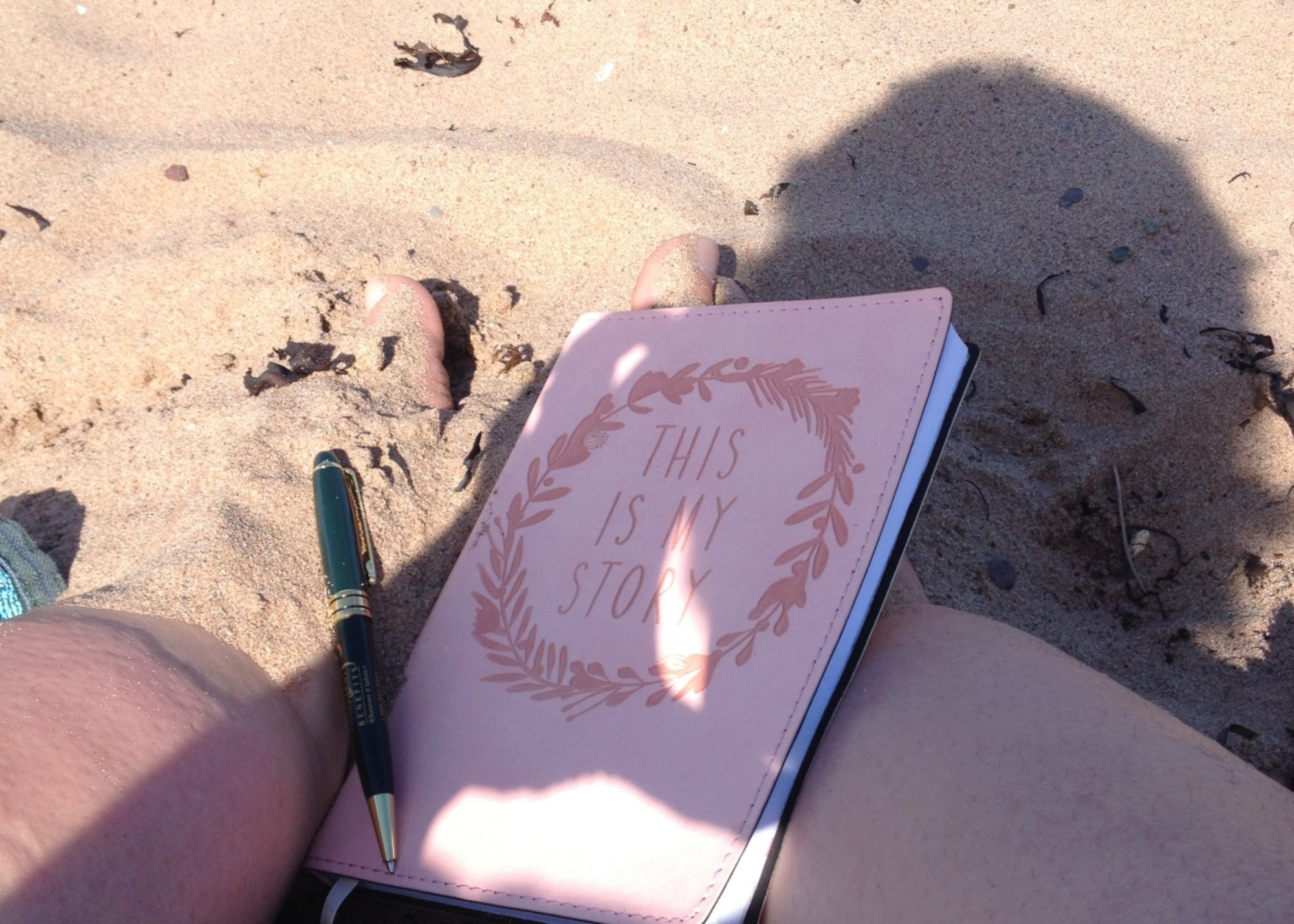What a proud day! In hand is our first title published for a new author: she’s sweet and scrappy, courageous and honest, just like her story. I can’t wait to introduce them both.
When Freddie Gardner Played is a memoir of Mary Sheehan’s three years in nursing school, 1951-1954. It’s smooth with nostalgia and romance, yet gritty with the harsh realities of the healing professions – the injured children, the patients who did not survive, and the personal challenges that befell the close-knit group of girls who toiled over books and on their feet in a quest for the coveted white cap and black band. The story takes us through the hallways and into the wards of Aberdeen Hospital and its nursing school, but also on trips to downtown New Glasgow, Nova Scotia, for shopping and cherry Cokes, on a hitchhiking journey to the shore for swimming, and back to the farmland of the author’s childhood and her early dreams of becoming a doctor. Why did she become a nurse instead? Did she regret her choice? The author shares plainly and simply the knowledge she gained in medicine, and of herself, and the special conversation with a patient that inspired her journey and the title of her book.
Now, about Mary. She was Mary Foote, 19, when she began her nursing training in 1951. She is now Mary Sheehan, married to her high school sweetheart, mother of five, and grandmother of five. She served in the nursing profession for more than 30 years, until a diagnosis of non-malignant brain tumours ended her nursing career. She underwent four brain surgeries in the early 1990s and began writing in her recovery, dwtermined to preserve her memories in case subsequent surgeries or tumours erased them. As it turns out, her condition is now stable and her notes have become a book. She is delighted and, quite frankly, so am I. After publishing three titles of my own, this is our copany’s first forray into the publishing of another and I have to say, the only excitement that can match seeing your own book emerge from the box is making that happen for someone else.
When Freddie Gardner Played is a snapshot of a bygone era, a tribute to nurses, and a labour of love. It is now available for purchase through my website. And it remains an affirmation of why my 30-day KISS last month was so important, and a reminder of why I can never again let myself come last in my life. By stepping back and cooling the burnout, I had the energy to get this book to print, and have the enthusiasm now to help Mary share it with her audience. I am now, just a little, looking forward to doing the same thing soon with my own book.
Thanks for sharing! Talk to you soon.

